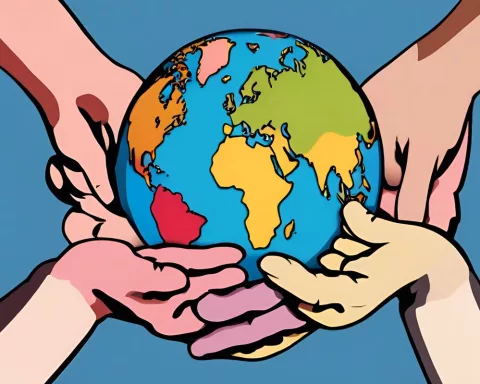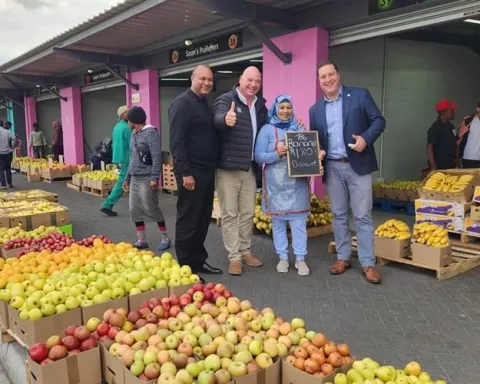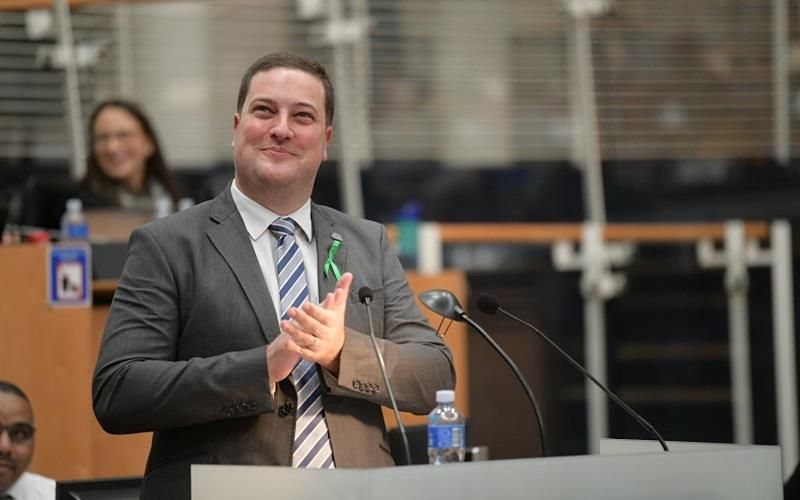On May 30th, 2023, the City of Cape Town revealed its largest-ever budget, aimed at addressing infrastructure and social needs while offering hope to residents facing increasing pressures. This ambitious plan, drafted after extensive consultation with stakeholders, marks a significant milestone for the city’s development.
Striking a Balance
The budget team managed to strike a balance between forward planning, addressing the most vulnerable residents’ immediate needs, and acknowledging ratepayers’ increasing pressures. Cape Town’s record capital expenditure budget focuses on staying ahead of population growth and urbanization in the city.
Investing in Infrastructure
The city’s investment in infrastructure surpasses that of other South African metros combined. Major projects underway include doubling sewer pipe replacements, upgrading pump stations, expanding MyCiti bus service, increasing the Metro Police force, investing in crime-fighting technology, expanding Safe Space transitional shelters, and releasing land for social housing.
Prioritizing Social Support
The budget includes social support packages totaling R4.3 billion, with R2.37 billion for free basic services and R1.96 billion for rates rebates, offering more significant support for the poor than any other city in the country. To counter Eskom’s tariff hike, Cape Town lowered the increase and provided special protection for lower-income households on the Lifeline tariff.
Extensive Relief for Indigent Residents
The budget includes a 50% increase in the rates-free portion for properties under R5 million and removes the stepped rebate. Cape Town offers the most extensive indigent relief in the country, with over 63,400 Capetonians having received partial or full debt write-off under the city’s debt assistance program.
Fostering Shared Prosperity
Investors find Cape Town an attractive place to invest, thanks to its commitment to good governance, increased revenue, and lower property rates. This virtuous cycle is fostering shared prosperity and an improved living environment for all.
A Result of Clean and Responsible Governance
The budget represents years of clean and responsible governance, the result of tireless work by the city’s CFO, policy unit, Mayoral Committee, Executive Management Team, and every councillor and official in the administration.
The City of Cape Town’s 2023/24 annual budget offers hope to its residents and a brighter future for the metro.












